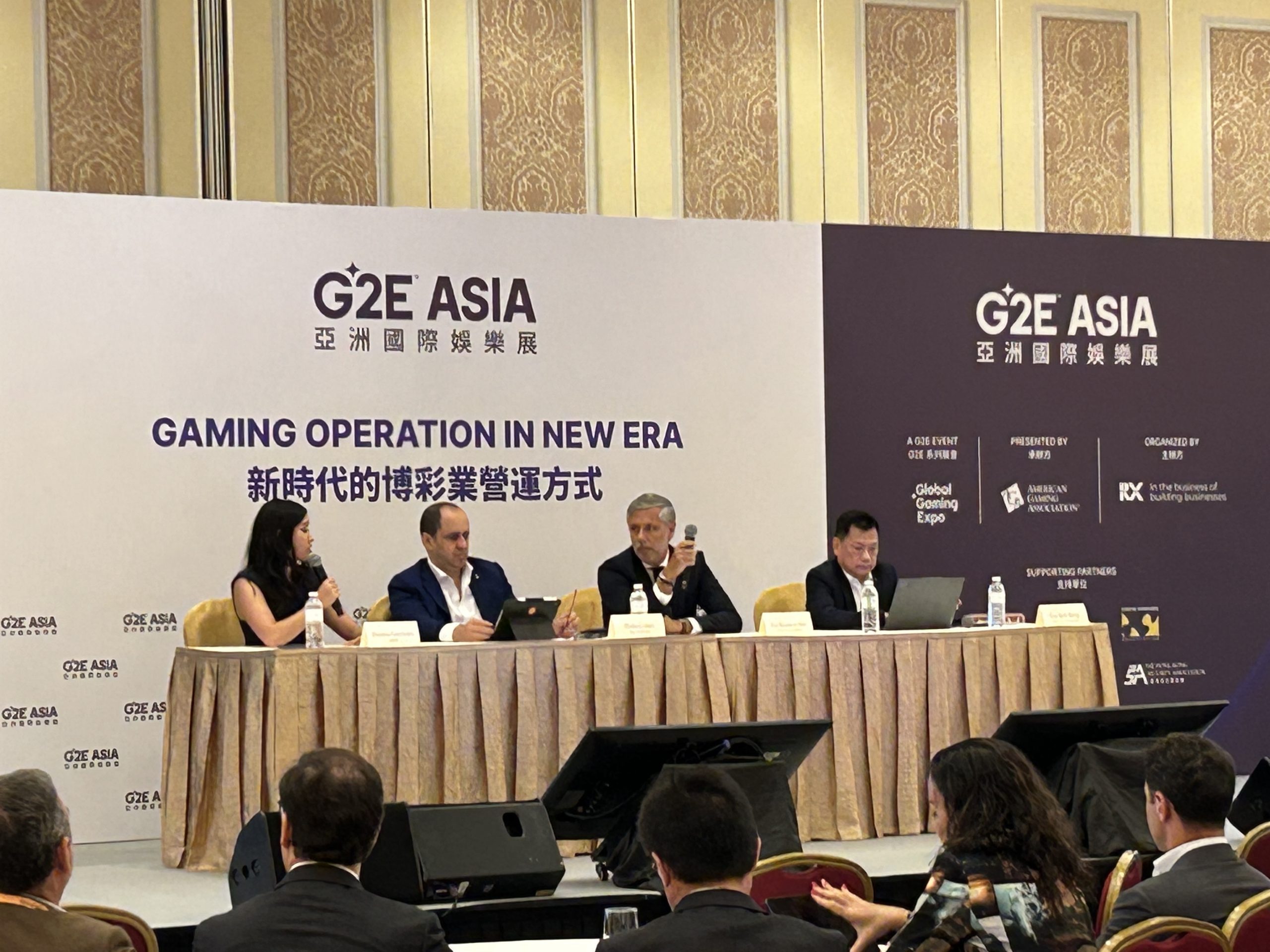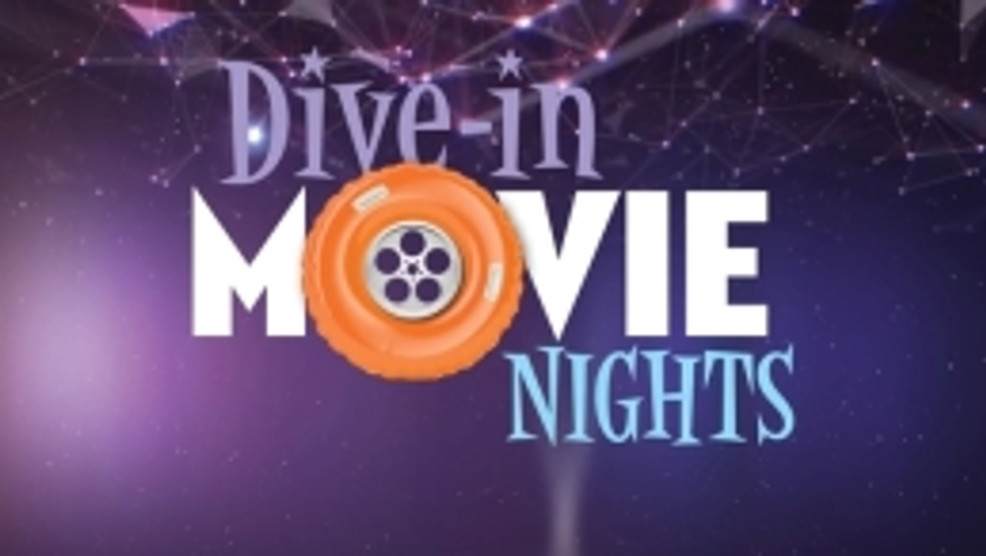Casinos, online sports betting, the Virginia Lottery, charitable gaming, live horse racing and historical horse racing (HHR) … all these forms of gaming are thriving. Gaming-related revenues have set record highs in the commonwealth each year for the past five years. All that has translated into increased revenues for the commonwealth, individual localities and K-12 public education.
With this increase in activity, we are seeing a corresponding rise in the number of people seeking help for problem gambling and gambling addiction. According to the Virginia Council on Problem Gambling (VCPG), the number of people calling the Virginia Problem Gambling Helpline increased nearly 50% in 2024. That increase was seen in every caller age bracket, but most especially those ages 18-24 and ages 25-34.
We have also seen a jump in the number of people signing up for Virginia’s Voluntary Exclusion Program, which the lottery oversees. This program allows people to voluntarily remove their ability to participate in most forms of gambling in Virginia for two years, five years or in some cases, for life.
One thing for which I strive is to change some of the narrative around responsible gaming/problem gambling. It’s an issue that’s easy to stigmatize. That needs to end immediately.
The gaming industry has done a fantastic job marketing our products and promoting our services and I challenge everyone, us included, to use those same tools and techniques to ensure that we’re making a true impact on problem gambling.
The Virginia Lottery is very involved in this new gaming environment as both a provider of games and a regulator of gambling, and we are proud of our contributions to K-12 public education and that we ensure a fair regulated gaming enforcement environment. We want people to know that all forms of gaming in Virginia can be fun in moderation, but we also want people to understand that resources are available for those who may have a gambling problem or think they need to reach out on behalf of a loved one.
The good news is that gambling addiction is treatable. In Virginia, there are resources available to help. For many people, help can start with a single phone call. In fact, a new law going into effect this July will make it mandatory to post the Problem Gambling Helpline in any physical location where gambling happens in Virginia.
We at the lottery also work to encourage healthy, informed choices among Virginians who choose to gamble and to educate players and provide them with the tools to make informed choices. We encourage each person who places a wager, buys a lottery ticket or visits a casino to know his/her limits.
I do not have all the answers, but I am committed to finding solutions. The approach must be collaborative, player-health focused and on-message for the most at-risk groups, which we know are young men aged 18-35.
What does healthy play mean? It means at a minimum:
- knowing and understanding the odds;
- playing for entertainment only;
- setting a budget and keeping to it;
- maintaining a balance between your life and gambling;
- knowing the warning signs;
- not considering gambling a way to make money.
As the executive director of the lottery, my job is to ensure that our games are presented fairly, ethically and responsibly, and that the same holds true for the games we regulate, including responsible gaming practices established by Virginia’s legislators. Additionally, my duty is to make certain that we continue to uphold our longstanding track record of integrity and transparency while continuing to fulfill the lottery’s statutory role of helping to fund Virginia’s K-12 public education.
If you think you or a loved one might have a gambling problem, call or text the Virginia Problem Gambling Helpline, 888-532-3500. It’s free, confidential and available 24/7.
Khalid R. Jones is executive director of the Virginia Lottery.





